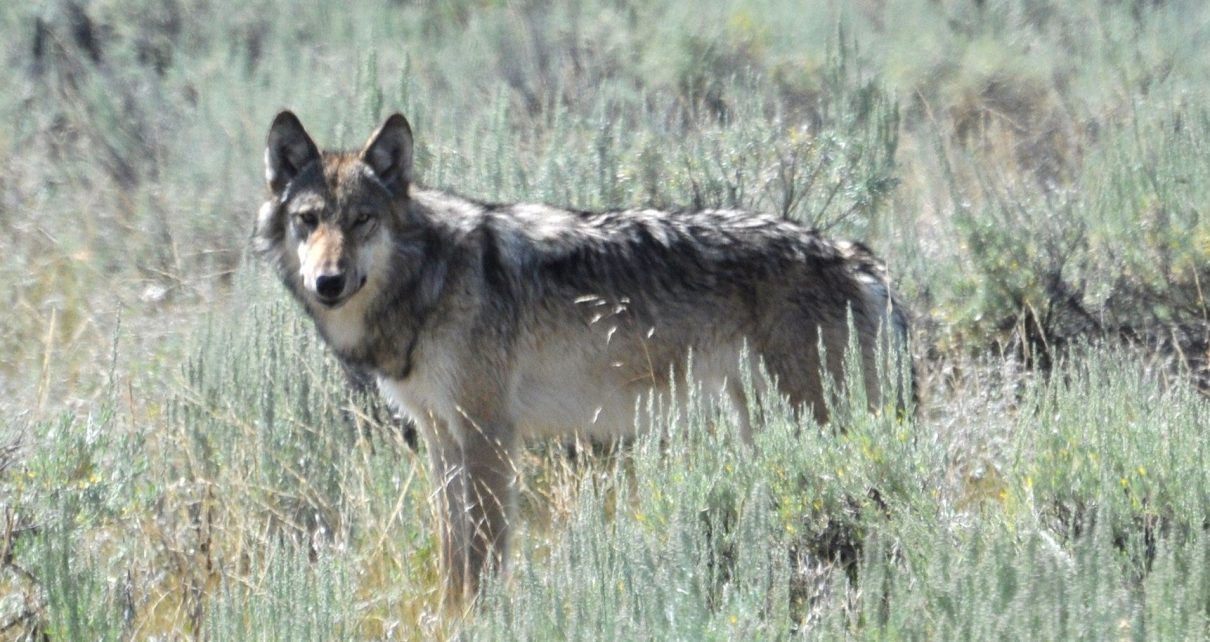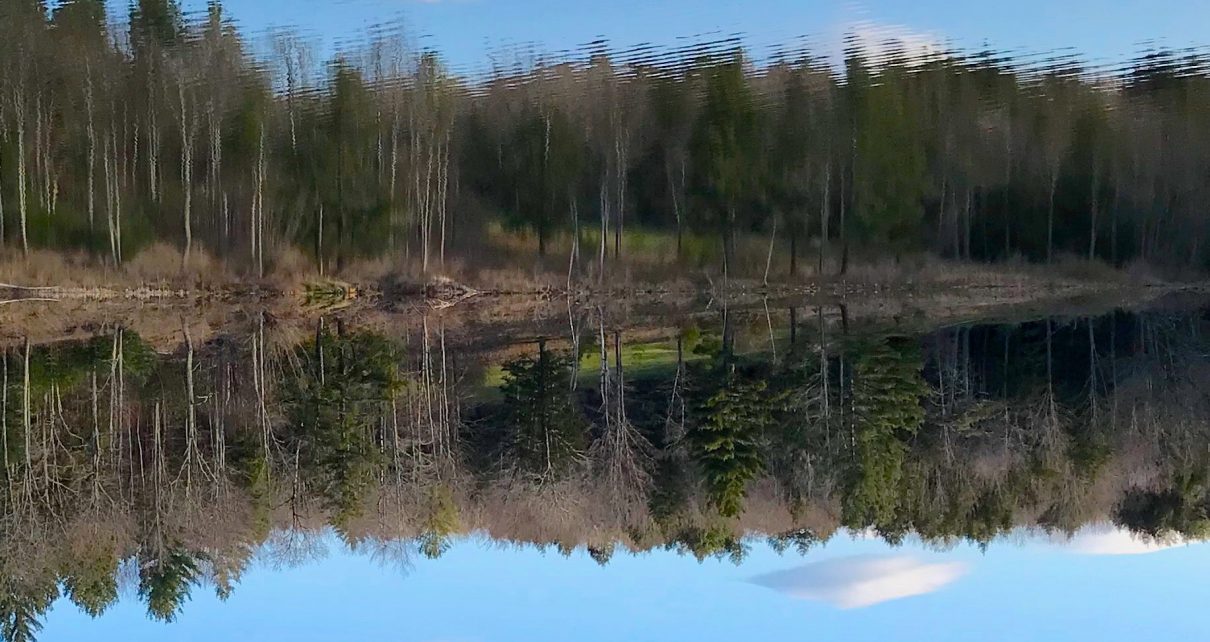There’s one clear way to make both wolves and livestock owners happy: Make sure that predators have enough natural prey. That may seem like an obvious answer, but now we have data to back it up. A team of researchers combed through nearly 120 previously published studies about the diets of gray wolves (Canis lupus) […]
News
Deltas Gain Ground–But the Trend Won’t Last
Earth’s river deltas have long been home to vital ports and wetlands. Despite sea-level rise, these economic and ecological hotspots have expanded on the whole in recent decades, scientists have found—but this trend is unlikely to last. Geoscientist Jaap Nienhuis of Utrecht University in the Netherlands and his colleagues have pinpointed almost 11,000 river deltas […]
Europa: Three More Clues – Scientific American Blog Network
Jupiter’s spectacular thousand-mile-wide icy moon Europa is one of the solar system’s most tantalizing destinations. We’ve long suspected it of harboring a giant internal ocean – a dark abyss some two times the volume of all of Earth’s oceans, locked underneath a frozen shell that’s perhaps 10 to 30 kilometers thick. We also have strong […]
Because of Rising CO2, Trees Might Be Warming the Arctic
The Arctic is one of the fastest-warming places on the planet —and scientists still aren’t completely sure why. Melting snow and ice may be speeding up the warming. Changes in atmospheric circulation could be playing a role. Many factors could be influencing the region’s temperatures, which are rising at least twice as fast as the […]
A Failure of Imagination – Scientific American Blog Network
I’d like to take a contrarian moment to reflect on one of the greatest imaginations of the past two hundred years: that of one Herbert George Wells, more commonly known to most of us as H. G. Wells. Wells did an astonishing amount of creative thinking between his birth in 1866 and death in 1946. […]
Diana Davis’s Beautiful Pentagons – Scientific American Blog Network
Swarthmore College mathematician Diana Davis, whom I am lucky enough to call a friend, is multitalented. Her combined love of math and running led to an earlier appearance in this blog, where she investigated the question of whether, if you run a marathon at, say, a 7:00 minute per mile pace, must you have run any […]
Gut Microbes May Be Key to Solving Food Allergies
Today, Nagler is an immunologist the University of Chicago and is helping to pioneer an emerging research field: studying how bacteria in the gut can be harnessed to help people with food allergies. It wasn’t personal experience with allergies that inspired her interest. Rather, it was an odd observation she made as a doctoral student […]
CITES, the Treaty that Regulates Trade in International Wildlife, Is Not the Answer to Preventing Another Zoonotic Pandemic
Much is being written today on the role of wildlife trade in the COVID pandemic. It would be irresponsible for any government, or anyone really, not to ask how we can prevent the next such pandemic, and what we should do about the wildlife trade in that context. While many are suggesting responses that will […]
Skinny Genes Tell Fat to Burn
Do you have skinny genes? And I’m not talking about the pants you wore in college but can’t fit into anymore. No, skinny g-e-n-e-s genes are factors found in folks who are naturally svelte. And researchers have just identified one that appears to tell the body’s adipose tissue to burn more fat. “We all know […]
Malaria Mosquitoes Are Biting before Bed-Net Time
More than 200 million people get malaria each year. And about half a million die—mostly in Africa, many of them children. And those staggering numbers are an improvement. Malaria deaths have been cut in half since 2000. In many places, a remarkably simple tool has led the fight: bed nets treated with a mild insecticide […]







-1210x642.jpg)


